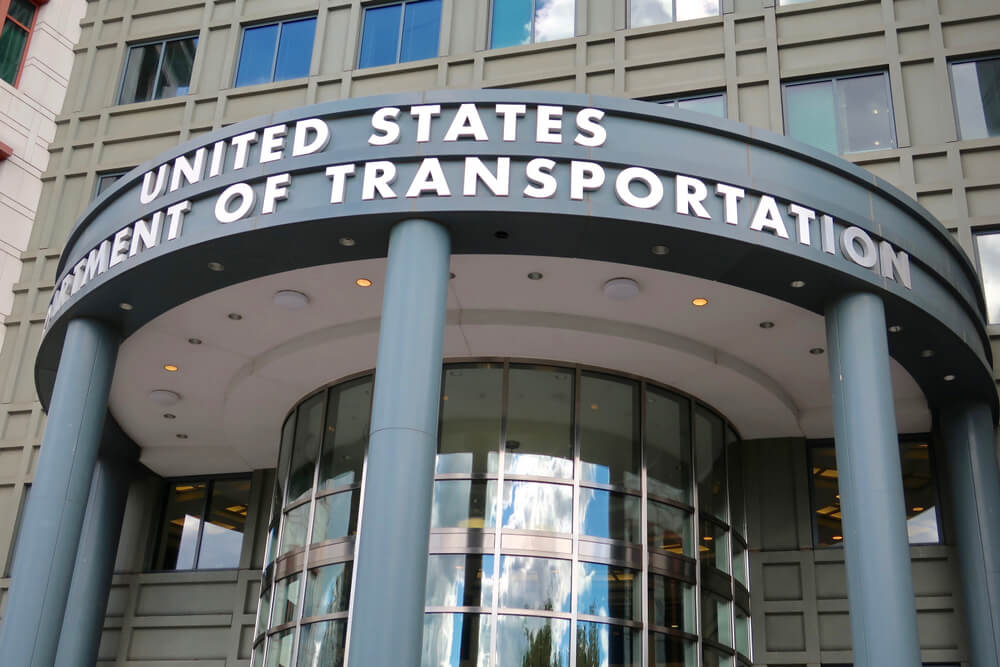
Excessive detention time remains a sore point with freight carriers and owner-operators. But even typical wait times are having a snowball effect on the industry, supply chains, and it’s time the federal government makes reasonable adjustments.
It’s not unusual for freight outfits and independent truckers to agree detentions times not exceeding two hours. Wages and ensuing pickups often use the two-hour standard to plan pickups and deliveries. When warehouses or ports become logjammed, delays result in truckers exhausting their hours of service time and missing loading appointments. It’s not out of the question for a detained driver to have to hunker down until the following morning before loading and hitting the road. That results in lost time and money.
A 2018 report by the U.S. Department of Transportation’s Office of Inspector General concluded that detention reduces truck driver earnings by upwards of $1.3 billion annually. Freight carriers separately incur losses as high as $302 million each year. Those are reasons why advocates such as Owner-Operator Independent Drivers Association president Todd Spencer favor federal outfits and government officials considering the detention issue.
“Although truckers and owner-operators are weary of more regulations, several members have recommended introducing language into the federal regulations requiring either penalties for shippers, receivers, and carriers who do not compensate for detention, or establishing a fixed hourly wage, or both,” Spencer reportedly said.
Oversight agencies such as the Federal Motor Carrier Safety Administration have largely stayed out of the detention issues because it appears to be a labor-management problem. After the U.S. House of Representatives passed the Moving Forward Act dealing with detention time, it garnered little support in the Senate. Transportation consultant Randy Mullett, of Mullett Strategies LLC, agrees that the federal government has been hesitant to wade into the detention waters.
“That gets into contracts and pricing that are difficult for the government to get involved in. But I look for them to revive the study of detention and what that actually means for truck driver safety and wages. There’s a lot of people that want to figure out how to avoid delaying drivers in a way that’s unpaid,” Mullett reportedly said.
Optimism has increased that detention time will get another look because the wait times now impact more than driver salaries unfairly. With more than 110 cargo ships recently at a standstill off the West Coast, the FMCSA, DOT, Congress, and White House appear to be desperately searching for ways to improve supply chains.
Although detention time has largely been viewed through a lost wages lens, the fact it negatively affects the strained supply chain makes it a national interest. In a perfect world, the government would promptly resolve an unfair labor practice. But because officials are taking heat for empty store shelves, rising fuel costs, and unnecessary inflation, the FMCSA may need to roll up its sleeves and motivate people to eliminate unnecessary delays.
Sources: freightwaves.com, wsj.com











Tenaris baytown Houston bay city the lazy yard to pick up load
They just need to get rid of hos altogether and just let us do our fucking jobs let us drive when we can sleep when we need to and get the government out of our fucking lives
Eliminate the stupid 14hr clock all together and boom problem solved